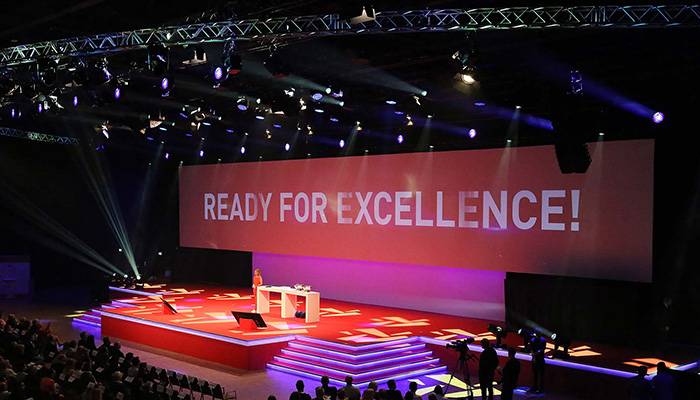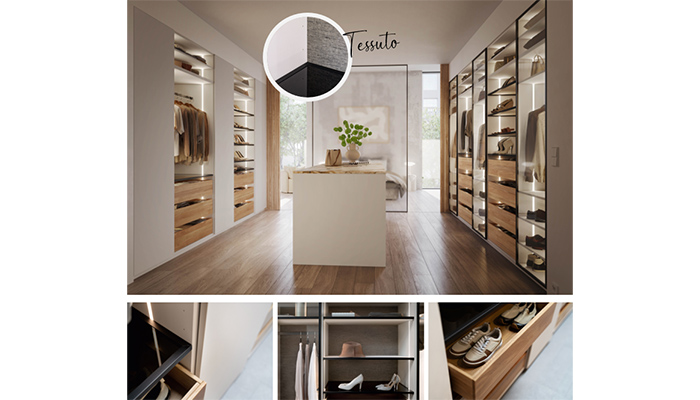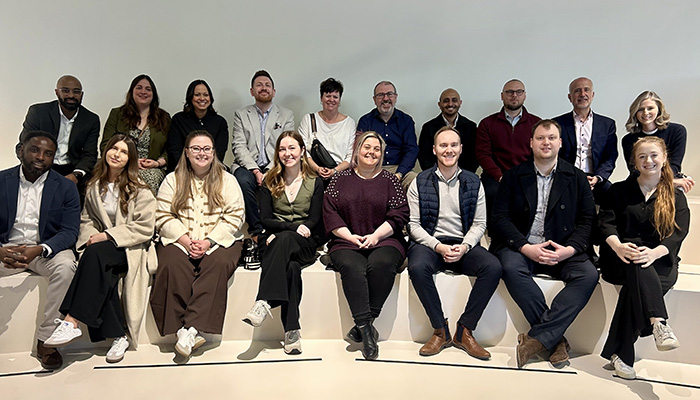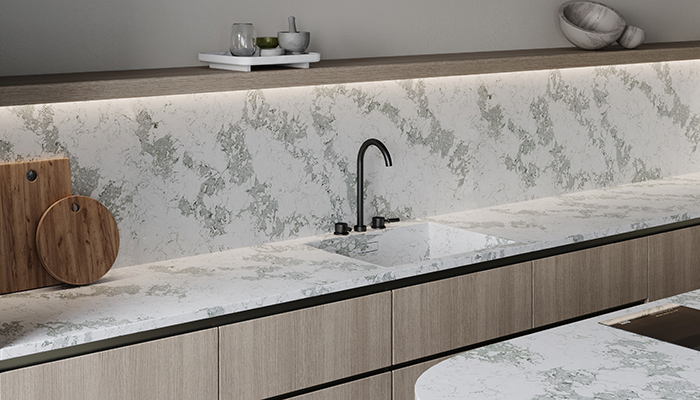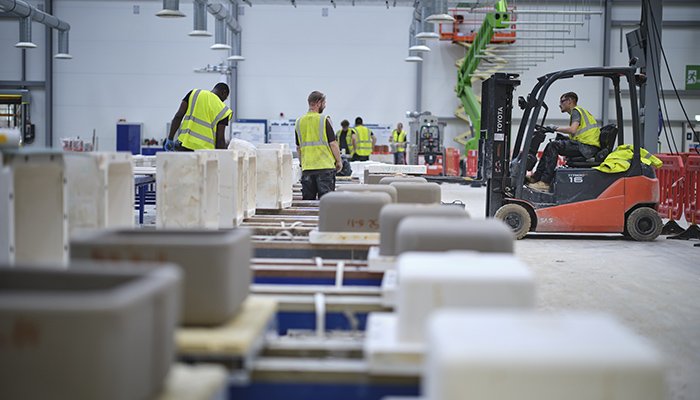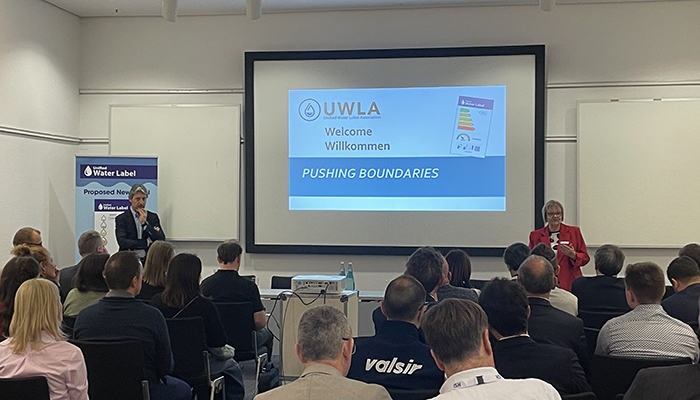Rebecca Ellison, Cyncly's training & onboarding officer – North EMEA, examines the ways in which the right training can help you, your staff and your business.
It’s easy to see why many retailers see training as an expense that they’re likely to delay or even avoid in favour of other things. After all, aside from any monetary outlay to pay for a trainer’s time, knowledge and support, there’s also the potential cost of taking time away from the shop floor to consider.
From both a legal and ethical standpoint, employers are obligated to ensure that everyone within their organisation receives the necessary training to perform their jobs safely and effectively. This is the bare minimum requirement. However, if your long-term aim is to remain competitive, you must go beyond this baseline, keeping the skills of your team current and continually evolving.
Research from HR solutions provider Ciphr shows that employers who prioritise regular staff training are likely to see improvements in their overall business performance, which can positively impact profits, revenue, employee retention, and the organisation's long-term viability. It can even help you to recruit designers who prioritise the value you place on their personal development.
Conversely, organisations that neglect employee training and development may eventually face the costly necessity of hiring new talent to fill skill gaps, especially in a competitive job market.
Investing in the latest design technology can undoubtedly help KBB retailers stand out from the competition. It can be tempting to purchase the best products and services to ensure you and your team are on top of their game, but if you don’t know how to use those products, all you’re really doing is keeping up appearances. With technology evolving at such a fast pace, making the most of the tools at your disposal really does come down to making an investment in training.
From your customer’s perspective, a new kitchen or bathroom is a significant emotional and financial investment. Ensuring that your team members are experts in their field provides the reassurance your customers need, showing that you are equally invested in their purchase.
All too often customers make an upfront investment in design software based on the functionality it can bring to their business, but they don’t know how to make the most of those functions or leverage all the benefits because they lack training. While product knowledge and selling techniques within the KBB industry are generally high, knowledge of design service tends to be lower.
To really get the best out of the latest design software, even the most seasoned of designers should engage in regular training. Not only will they gain experience with new features of the software and ensure they are up to date with the best features of the system, but it will also help them take advantage of new automations that streamline design procedures so their time can be better spent on the most valuable aspects of the job.
This is why training should be seen as an investment in your business. Whether you are learning the basics of new-to-you software or starting from a base of experience to improve the speed and quality of your designs, it also helps you learn what it takes to get the edge over your competition.
One of the biggest drawbacks retailers often cite for undertaking training is the lack of time. When you're already busy drawing up customer proposals and advancing projects, it can be challenging to justify taking time away from the showroom, even if you recognise that it will yield long-term benefits.
This is where technology works in your favour. Digital and virtual training classrooms make it easier and more convenient to access the ongoing training your business and employees need. There’s no need to sacrifice days away from the showroom or incur significant travel expenses if in-person training isn’t suitable. Everyone needs training, but everyone also has different training needs; it shouldn’t be a one-size fits all solution.
For example, at Cyncly we’ve found designers appreciate the flexibility to choose any combination of in-person, online and e-learning all of which are part of our remit. You can tailor your training experience to maximise your investment with a bespoke set of courses that fits your needs. Independent retailers have also shared that they value training passes which offer access to the training they need, as and when it’s needed.
So, ask yourself again, do you see training as an unnecessary expense or an important investment? I’m hoping that your answer is ‘an investment’. It’s an investment in yourself, your people and your business success. Continuous training and personal development play an important role in driving sales for your business – ultimately it will help you sell more kitchens and bathrooms.


